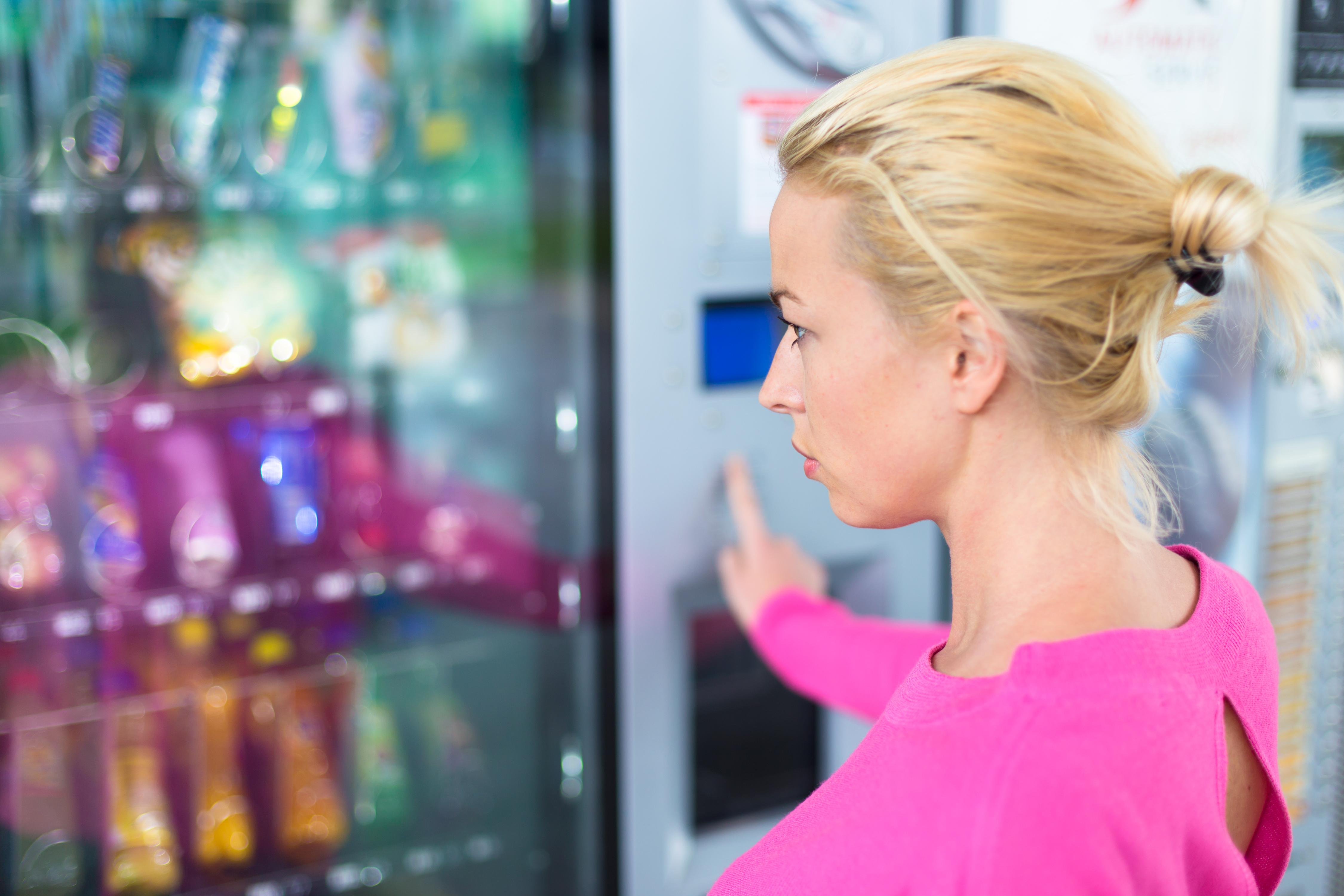It’s protected to mention lockdown has influenced shopper buying choices and priorities in a large manner. In reality, in keeping with new analysis commissioned through BRITA Professional, virtually part (48%) of all GB adults are actually extra mindful of constructing sustainable, environmentally pleasant alternatives daily.
Consumer call for for sustainability within the trade isn’t new – analysis carried out through BRITA Professional ultimate yr published that whilst many sizzling beverage operators need to be extra sustainable – as a result of they consider it’s the best factor to do or as a result of they’re feeling force to make adjustments to stay aggressive – the important thing motive force for sustainability is in fact shopper call for.
What is new is that for the reason that pandemic, virtually seven in 10 other people (69%) stated they have been prepared to vary their behaviour to regulate an international disaster or existential danger. This means that converting the best way we discuss environmental threats comparable to plastic air pollution or local weather trade may have a large have an effect on, and through making ready for brand spanking new behaviours in opposition to sustainability, companies cannot most effective beef up their eco-footprint but in addition grow to be extra interesting to customers.
With the analysis additionally suggesting that certain behavior picked up right through lockdown may just stick, sustainability goes to grow to be an increasing number of vital to customers. And, with a staggering 30% of other people anticipating to consult with espresso retail outlets and eating places much less continuously going forwards, it’s vital that hospitality pros are prioritising sustainability to coincide with customers switching to environmentally-friendly practices.
For example, pre-lockdown, 55% of the broader inhabitants have been buying bottled water from fast provider shops whist commuting. However, since lockdown started, there’s been a forty five% lower within the selection of other people purchasing bottled water on-the-go. Instead, virtually a 3rd (31%) are intending to hold a reusable bottle with faucet or filtered water when lockdown ends. In reality, earlier analysis from BRITA Professional discovered that 61% of customers would view a café extra favourably if it used BRITA filtered water.
Sarah Taylor, managing director of BRITA UK, stated: “The damage that single-use plastic is doing to our marine environment and wildlife, in addition to our wider natural environment, has been well documented. But we also know that many people are committed to tackling this, and it is encouraging to see from this research that even more people have adopted more sustainable behaviours during lockdown in place of less sustainable habits borne out of convenience. What’s clear is that in order to maintain this shift, Government, business and the wider public need to come together to support a more flexible working culture that enables those who can to work remotely at least part of the week, to give people the time and space to integrate sustainability into their lives.”
While shopper call for for sustainability is top, now’s the time to reassure consumers that they may be able to stay protected for your hospitality venue, while additionally being sustainable.
Richard McIlwain, deputy leader govt of Keep Britain Tidy stated: “Since Blue Planet II aired, we are perhaps more aware of the damage we’re doing to the planet, but there is a massive gap between awareness and changing behaviour. However, these findings clearly show how during lockdown, when many people had a little more time to pause and take stock, they were able to adopt simple but effective pro-environmental behaviours. We really need to make sure that in the dash to restart the economy, we don’t lose these changes but preserve and build on them.”
Mary Creagh, former chair of the Environmental Audit Committee stated: “Cutting down on single-use plastics is as important as ever, whether that is using fewer disposable coffee cups or avoiding throwaway water bottles. This research shows that remote working, and daily walks have helped people make the switch to environmentally-friendly practices which is encouraging. It’s important that businesses and the Government continue to support those who choose to work from home. With so many people willing to alter their behaviour to respond to a global crisis, now is the time to rise to the environmental challenge and support people to make small changes that make a big difference.”
Denise Wilson OBE, leader govt of The Hampton-Alexander Review stated: “We have a unique opportunity right now to fully harness the benefits of remote working. We have long known that remote working is a critical factor to improving equality and diversity in the workplace, but in addition there is clear evidence that changing the way many of us work will also help protect the environment. Just as workers have embraced new, more sustainable habits and ways of working, so each and every business – and the Government – need to play their part to encourage more agile working for the long term and build back better for society and the environment.”
Chris Butler-Stroud, leader govt at Whale and Dolphin Conservation stated: “The last few months have shown that the public really does value nature as being central to their health and the health of the wider environment. Governments often feel they have to tread carefully in nurturing consumer behaviour; not wanting to feel like they are forcing change on the public. But COVID-19 has changed all that. We are now faced with a window of opportunity for government and the business sector to seize the opportunity to help a willing public to make the critical choices to end the use of single use plastics and make the necessary changes to meet the existential threat represented by the climate crisis.”
Washika Haak-Saheem, an affiliate professor at Henley Business School stated: “We know our habits are powerful drivers of our behaviour and working from home has triggered a discontinuity in our habitual responses. The disruption caused by this global health crisis can be a great opportunity to form new aspirations around sustainable travel or consumption. As advanced technologies support us in the new ways of how we work, we may find it easier to embrace a more carbon conscious way of living in the long run. Especially as we know that climate change has implications for the frequency and severity of future pandemics. We must use this moment to break from the inertia of the past by breaking with suboptimal habits and processes. In a post–COVID-19 world, a transformational approach to reinventing work will be mandatory to remain competitive. Instead of adjusting the existing footprint incrementally, we should take a fresh look at how we do things in a more holistic manner. These changes may not only improve the ways we work but also lead to wider positive impact on communities and societies.”


